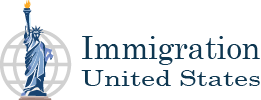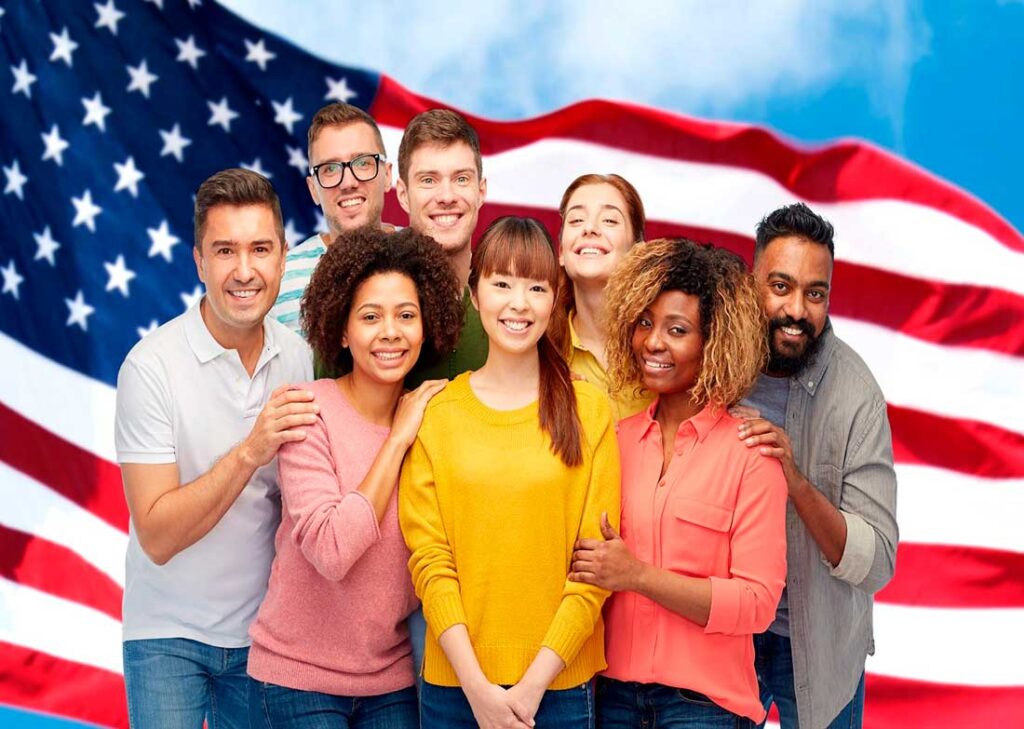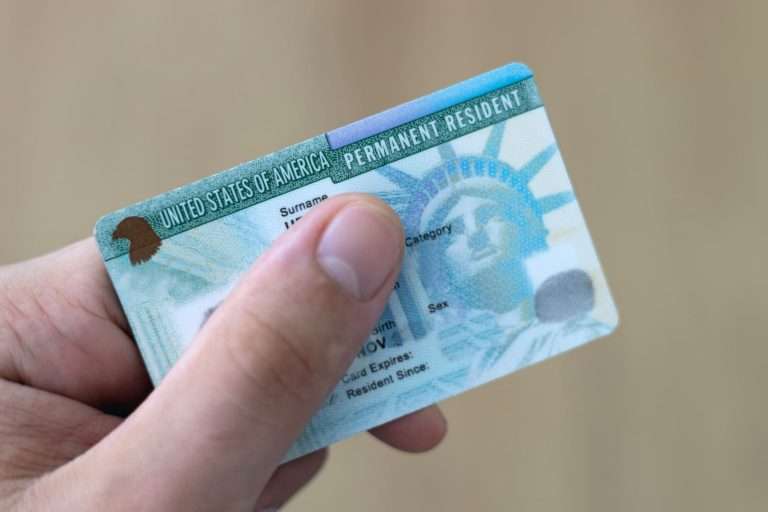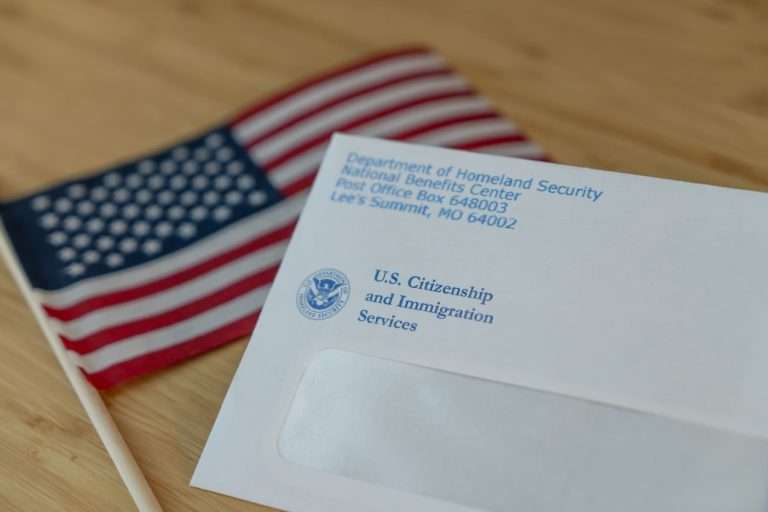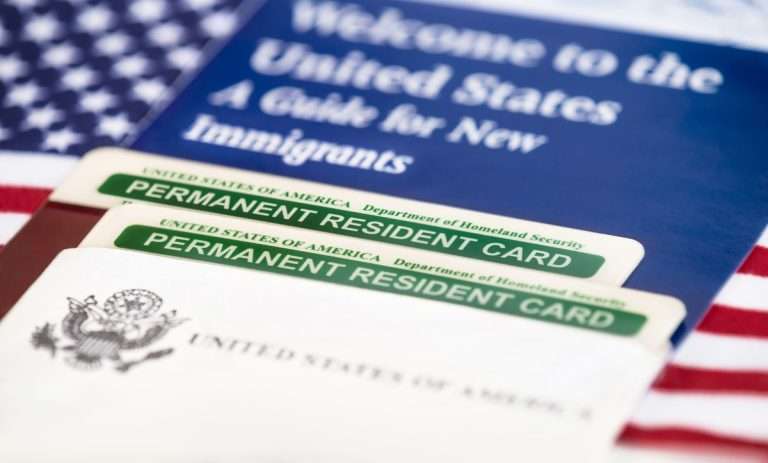For many, the United States represents a land of opportunity—especially for those seeking to advance their careers. Employment-based visas are a crucial pathway for individuals to legally work in the U.S., either temporarily or permanently. These visas cover various needs, from seasonal jobs to skilled professionals and investors. This article explores the different types of employment-based visas, organized to provide a complete guide for prospective applicants.
Temporary Work Visas
Temporary work visas allow foreign nationals to work in the U.S. for a specific period. They are typically tied to a particular employer and require sponsorship.
H-1B Visa – Specialty Occupations
Purpose: Designed for professionals in specialized occupations that require advanced knowledge and degrees, such as technology, engineering, or healthcare.
Duration: Initially granted for three years, extendable up to six years.
Requirements: Applicants must have at least a bachelor’s degree or equivalent experience. The employer must provide a job offer and file a Labor Condition Application (LCA).
H-2A Visa – Temporary Agricultural Workers
Purpose: Supports U.S. agricultural employers by allowing them to hire foreign seasonal workers.
Duration: Typically limited to the agricultural season.
Requirements: Employers must prove a lack of available domestic workers and provide housing and transportation.
H-2B Visa – Temporary Non-Agricultural Workers
Purpose: For non-agricultural temporary jobs such as hospitality, landscaping, or construction.
Duration: Up to one year, with possible extensions.
Requirements: Employers must show that the job is temporary and cannot be filled by U.S. workers.
L-1 Visa – Intra-Company Transfers
Purpose: For employees transferring within the same company to a U.S. office, often in managerial roles or those requiring specialized knowledge.
Duration: One to three years initially, extendable up to seven years.
Requirements: Applicants must have worked at least one year for the same company abroad.
O-1 Visa – Individuals with Extraordinary Ability
Purpose: For individuals with exceptional talent in fields such as arts, sciences, business, or sports.
Duration: Typically up to three years, extendable based on project needs.
Requirements: Applicants must show sustained national or international acclaim in their field.
Permanent Work Visas (Green Cards)
Permanent work visas grant lawful permanent resident status, allowing individuals to live and work in the U.S. indefinitely.
EB-1 Visa – Priority Workers
Purpose: For individuals with extraordinary abilities, outstanding professors/researchers, and multinational executives.
Categories:
- EB-1A: Extraordinary ability
- EB-1B: Outstanding professors/researchers
- EB-1C: Multinational managers
Requirements: Extensive documentation proving exceptional skills or qualifications.
EB-2 Visa – Advanced Degree Professionals
Purpose: For professionals with advanced degrees or exceptional ability in arts, sciences, or business.
Requirements: Labor certification required unless applying for a National Interest Waiver (NIW).
EB-3 Visa – Skilled, Professional, and Unskilled Workers
Purpose: Covers three categories:
- Skilled workers: Jobs requiring at least two years of training or experience
- Professionals: Jobs requiring a bachelor’s degree
- Unskilled workers: Jobs requiring less than two years of training
Requirements: Labor certification and a permanent job offer.
EB-4 Visa – Special Immigrants
Purpose: For individuals in special categories, such as religious workers, broadcasters, and employees of certain international organizations.
Requirements: Vary based on the specific category.
EB-5 Visa – Immigrant Investor Program
Purpose: Encourages foreign investment in U.S. businesses by offering Green Cards to investors.
Requirements:
- Invest at least $1,050,000 in a U.S. business ($800,000 in targeted employment areas)
- Create or preserve at least 10 full-time jobs for U.S. workers
Specialized Visas for Unique Occupations
Some visas are designed for specific industries or roles, allowing unique talents to contribute to the U.S. economy.
P-1 Visa – Athletes and Entertainers
Purpose: For internationally recognized athletes, artists, and entertainers.
Duration: Up to five years for athletes; one year for artists.
Requirements: Proof of international recognition.
Q-1 Visa – Cultural Exchange Program
Purpose: For individuals participating in cultural exchange programs, sharing heritage or working in theme parks such as Disney.
Duration: Up to 15 months.
Requirements: Program must be approved by USCIS.
R-1 Visa – Religious Workers
Purpose: For ministers and religious workers.
Duration: Up to two years, extendable.
Requirements: Applicants must be affiliated with a recognized religious organization.
Work Visas for Entrepreneurs and Investors
These visas support foreign nationals interested in starting or investing in businesses in the U.S.
E-2 Visa – Treaty Investor Visa
Purpose: For citizens of treaty countries who invest in and operate a business in the U.S.
Requirements: Substantial investment in a legitimate enterprise.
E-1 Visa – Treaty Trader Visa
Purpose: For citizens of treaty countries engaged in significant trade with the U.S.
Requirements: At least 50% of the trade must occur between the U.S. and the treaty country.
Student and Training Visas with Work Authorization
Some education and training visas offer limited work opportunities.
F-1 Visa – Academic Students
Work Opportunities: Optional Practical Training (OPT) allows F-1 students to work temporarily in their field of study.
J-1 Visa – Exchange Visitors
Work Opportunities: J-1 holders may participate in internships, fellowships, or cultural exchange programs, often including employment.
Key Considerations for Employment-Based Visas
Choosing the right visa and meeting its requirements is critical for success.
Employer Sponsorship
Most work visas require a U.S. employer to sponsor the application.
Documentation
Providing complete and accurate documentation—including educational and work records—is essential.
Limitations
Some visas have strict limitations on the type and duration of employment allowed.
Legal Assistance
Working with an immigration attorney can simplify the application process and increase your chances of approval.
Renewal and Adjustment
Some temporary visas can lead to permanent residency, offering a pathway to long-term stability.
Navigating the landscape of employment-based visas in the United States can be complex, but understanding the different options helps applicants make informed decisions. Whether you’re a skilled professional, entrepreneur, or athlete, there’s likely a visa category suited to your needs. Always consult legal professionals or trusted resources to ensure a successful process.
